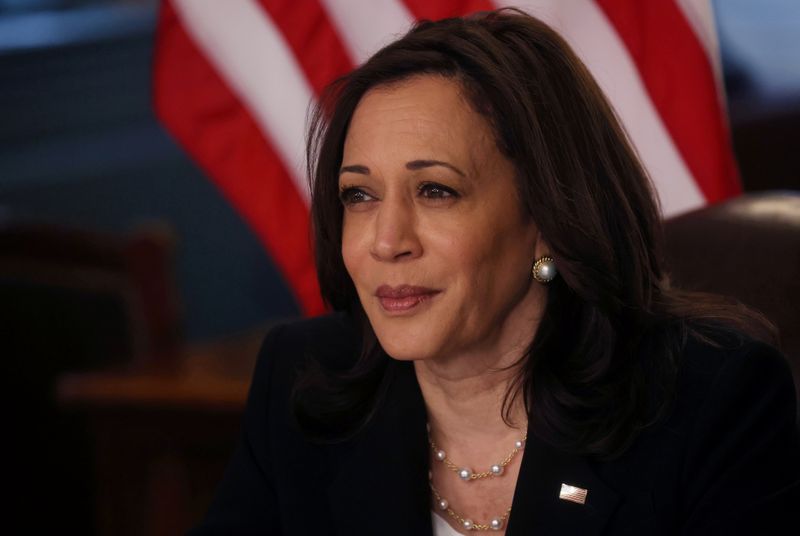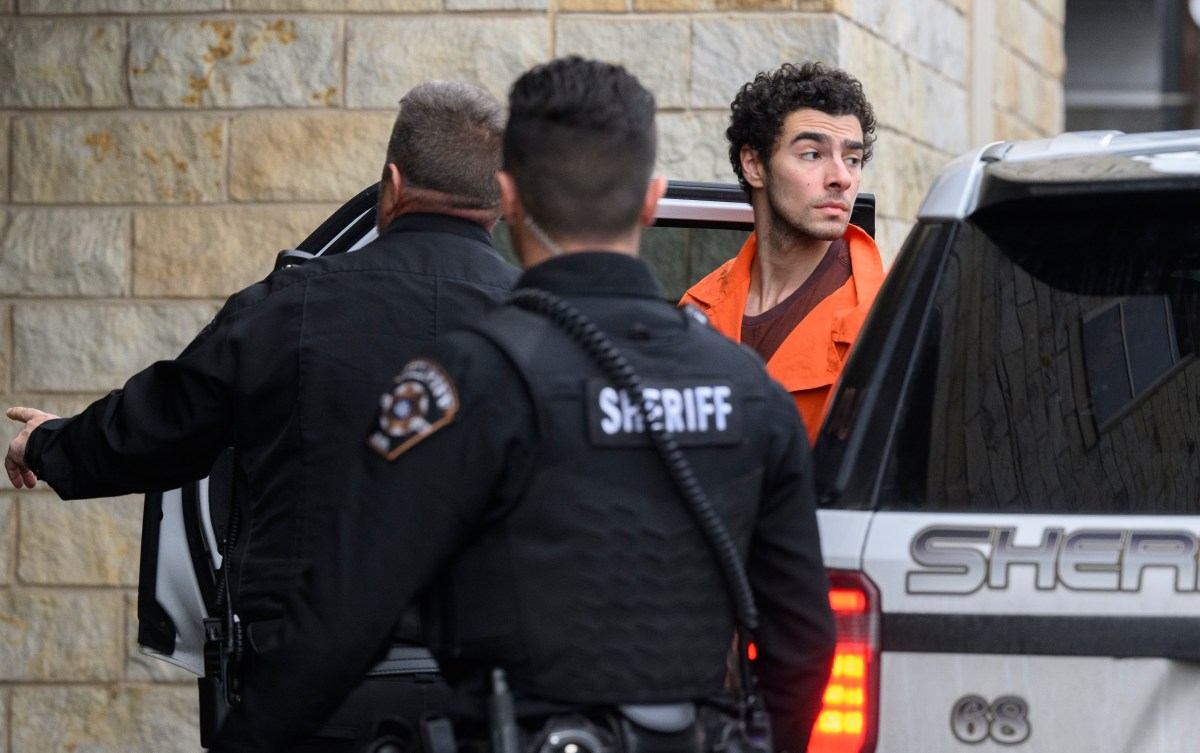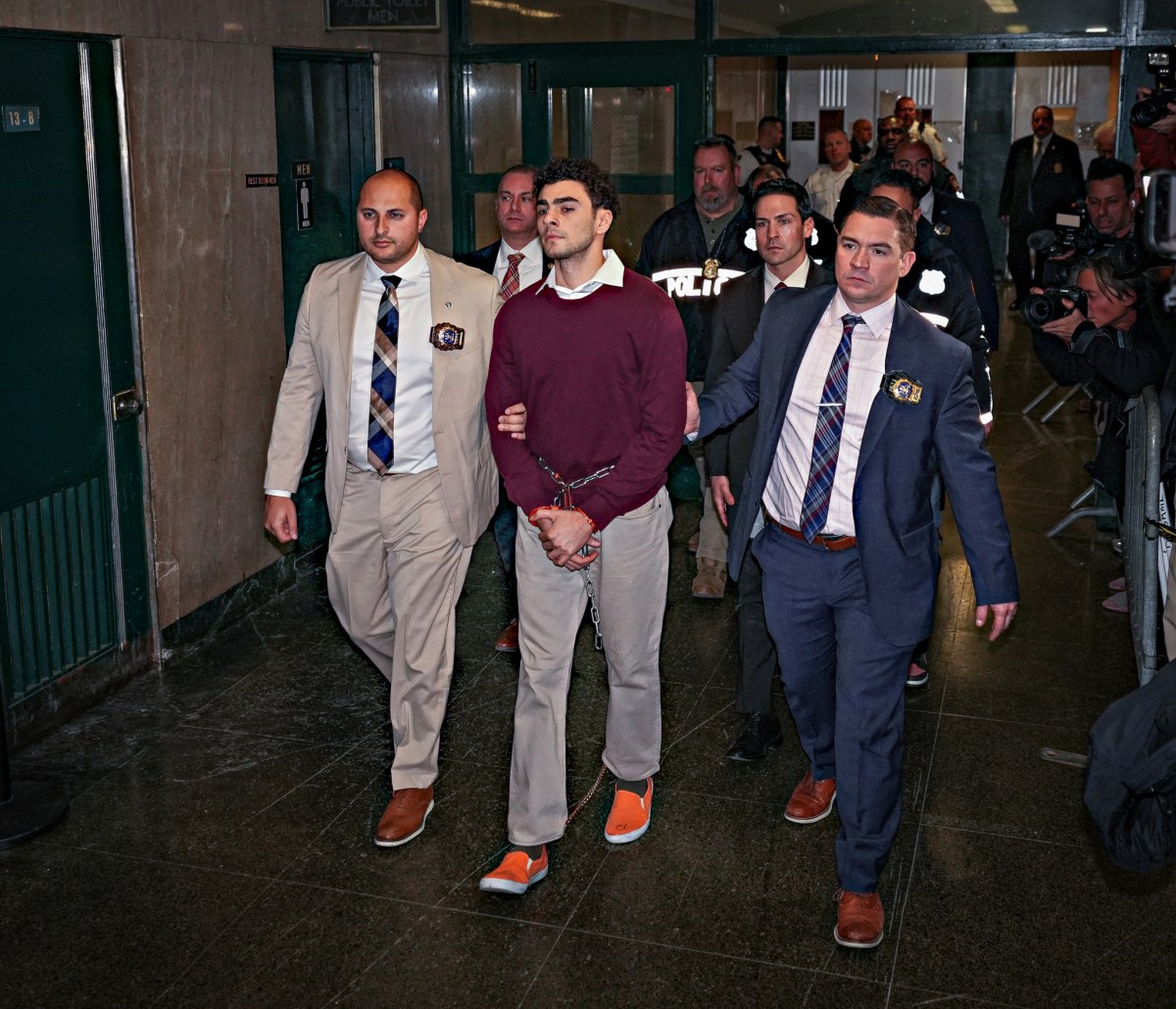By Cassandra Garrison
OCOYOACAC, Mexico (Reuters) -Mexican Foreign Minister Marcelo Ebrard said on Wednesday that investment, security and supply chains would be raised during bilateral discussions when U.S. Vice President Kamala Harris visits Mexico on June 8.
Harris, who is spearheading efforts by the administration of U.S. President Joe Biden to deal with an increase in migration at the U.S. southern border, is set to meet in person with President Andres Manuel Lopez Obrador for the first time.
“Security is another important point; investment, value chains, this is very, very relevant,” Ebrard told reporters after touring the Liomont vaccines plant in the State of Mexico.
“How do you do have the necessary production in emergencies like this?” Ebrard said, referring to the coronavirus pandemic. “That’s another big issue with the United States and Canada to some extent.”
Finding “the most thorough solution” for irregular migration is the primary objective of Harris’ visit, Ebrard said following a news conference outside the Liomont plant.
Ebrard also said the first batch of a million doses of the AstraZeneca-Oxford COVID-19 vaccine packaged by local manufacturer Liomont would be ready around May 24, but still subject to a strict review by AstraZeneca before they could be used.
The packaging and distribution of AstraZeneca’s vaccine in Mexico – part of an agreement made last year with Argentina and the British drugmaker – has been plagued by delays due to a complex certification process that led to major changes at Liomont’s lab, slowing the country’s vaccine rollout.
Argentina has delivered supplies of the shot’s active ingredient to Mexico, where it will be bottled by Liomont. The joint effort between the countries and the company to produce vaccines for Latin America has significant funding from the foundation of Mexican billionaire Carlos Slim.
Mexico purchased about 77.4 million doses through the agreement, which Ebrard said represented about 55% of the AstraZeneca vaccines filled and finished in Mexico.
“They will all be for this year,” Ebrard said of the doses for Mexico.
The rest will be distributed to other regional countries, which each had their own contracts with AstraZeneca. Ebrard did not give details about the timing of deliveries or which countries would get the vaccines first.
(Reporting by Cassandra GarrisonWriting by Drazen Jorgic; Editing by Bill Berkrot)


























